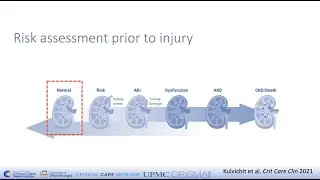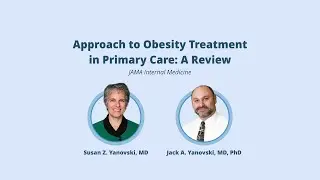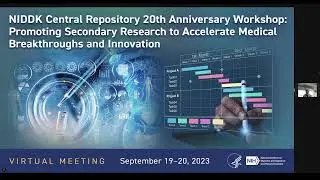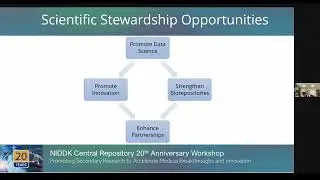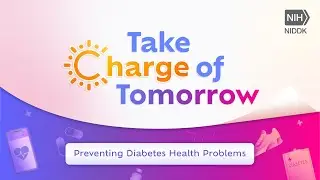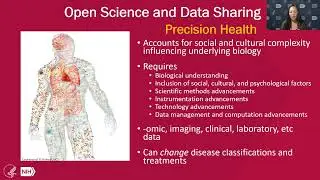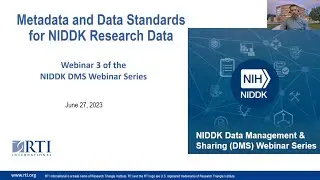The Diabetes Prevention Program | Advancing Health Through Research
на канале: National Institute of Diabetes and Digestive and Kidney Diseases (NIDDK)
As NIDDK celebrates its 70th anniversary, we look back on decades of scientific advances. In this video, NIDDK Director Dr. Griffin P. Rodgers discusses the Diabetes Prevention Program (DPP), a landmark study sponsored by NIDDK that changed the way people approach type 2 diabetes prevention worldwide.
The DPP showed that people who are at high risk for type 2 diabetes can prevent or delay the disease by losing a modest amount of weight through lifestyle changes (dietary changes and increased physical activity). Taking metformin, a safe and effective generic medicine to treat diabetes, was also found to prevent the disease, though to a lesser degree.
For more information, visit https://www.niddk.nih.gov/about-niddk...
---
Transcript:
DR. SPIEGEL: NIDDK launched the Diabetes Prevention Program or DPP in 1996, to find ways to halt this epidemic. The evidence we will report today is so clear cut that we have ended the diabetes prevention program a year ahead of schedule.
THOMPSON: Results of the Diabetes Prevention Program point conclusively to two ways that at-risk populations are able to delay or prevent the development of type 2 diabetes.
DR. RODGERS: So this Diabetes Prevention Program was set up to answer a very simple question: If, for example, you were to treat these individuals with a lifestyle intervention to get them to lose about five to seven percent of their weight through diet and exercise, would that sufficiently be enough to greatly reduce, compared to the standard instructions, the rate at which people go on to develop diabetes?
And we had a third arm to this trial, [a drug] called metformin, which is a standard pill that one uses to treat patients once they have a diagnosis. Well, after three years it became clear that the metformin reduced the conversion to diabetes by about 31 percent but this lifestyle intervention resulted in about a 58 percent reduction.
Working with our colleagues in the Aging Institute, we tried to over-sample for people who were 60 or older at the time of randomization. And the reason, as it turns out in hindsight, that was a good thing, that while the overall population, about 58 percent of the people responded to the lifestyle. If you look only at the people who were 60 or older at the time that they were randomized, they had a 71 percent reduction in the rate of transformation to diabetes.
Medicaid and Medicare services, or CMS, looked at this and said maybe we should offer this as a benefit for people 65 or older. And just last year it became an approved benefit. So anyone who’s 65 or older [with Medicare] can go in and be tested. If they have pre-diabetes then they would cover this counseling service. It’s very unusual to actually have a clinical trial result, in relatively short order, about 15 years, to actually make this a policy. That’s one of the things I guess I’m most proud of.
Смотрите видео The Diabetes Prevention Program | Advancing Health Through Research онлайн, длительностью часов минут секунд в хорошем качестве, которое загружено на канал National Institute of Diabetes and Digestive and Kidney Diseases (NIDDK) 14 Август 2020. Делитесь ссылкой на видео в социальных сетях, чтобы ваши подписчики и друзья так же посмотрели это видео. Данный видеоклип посмотрели 2,056 раз и оно понравилось 20 посетителям.















